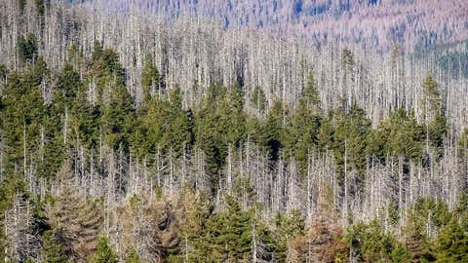PhD project offered by the IMPRS-gBGC in Jan 2023
Compound climate extremes and forest disturbances |
|
Ana Bastos
,
Sebastian Sippel
|
Project descriptionThis project is integrated in the ERC Stg Project ForExD, which addresses a key "blind spot" of future climate projections: the feedback between more frequent extreme events and the carbon cycle. Currently, forests and land ecosystems take up about a quarter of human CO2 emissions, but their sequestration potential may be negated by more frequent and intense weather extremes and disturbances in the future. For example, heat and drought events such as in 2018 and 2019 in central Europe have led to widespread forest decline (Bastos et al., 2022). Mega-droughts, massive wildfires and widespread tree mortality reported in the last decade might be early warnings of the upcoming threats to forests under climate change. Yet, process-understanding about the interactions between climate, forests and key disturbances is limited. Consequently, the impacts of compound extremes and disturbances on forest CO2 sequestration potential are not yet realistically simulated in future climate projections by Earth System models.This project aims to improve understanding about three key aspects of eco-climatic variability and forest disturbances based on using observational and modelled data and multivariate statistical approaches. Specific goals are the diagnosis of climatic and ecological drivers of forest disturbance regimes and their impacts, and the quantification of natural- vs. human-driven components of disturbance regime changes. Pre-requisites for this PhD project are:
ReferencesBastos, A., Orth, R., Reichstein, M., Ciais, P., Viovy, N., Zaehle, S., Anthoni, P., Arneth, A., Gentine, P., Joetzjer, E., Lienert, S., Loughran, T., McGuire, P. C., O, S., Pongratz, J., and Sitch, S.: Vulnerability of European ecosystems to two compound dry and hot summers in 2018 and 2019, Earth Syst. Dynam., 12, 1015–1035, https://doi.org/10.5194/esd-12-1015-2021, 2021. Widespread tree mortality due to cascading impacts of the 2018/19 extreme summers. Credit: DPA. |